Sihle Bolani explains the struggles of racial and corporate discrimination while taking a stand to put it to an end worldwide!
Can you tell everyone more about, who is Sihle Bolani?
By profession, I’m a brand communication strategist, author and content creator with a special interest in organizational culture, transformation and issues relating to Black women in the workplace. I am also a mom to a 15-year old daughter who serves as my daily motivation to ensure that I do not leave this world the same way I found it.
Can you tell us more about it and what motivated you to write it?
“We Are The Ones We Need” is an invitation to readers to have a front-row seat in the experiences that I had in Corporate South Africa. When I wrote the book, I had resigned with no job and no plan. I knew that I wasn’t the only Black person, and particularly, Black woman, who had been subjected to toxic work environments. The challenge for many people is that no matter how badly they are treated, they stick it out because job and income security are very real concerns for us all. Because I was not worried about job security, I decided to use that privilege to speak up for myself and everyone else whose story is mirrored by mine and whose feelings are articulated by my words.
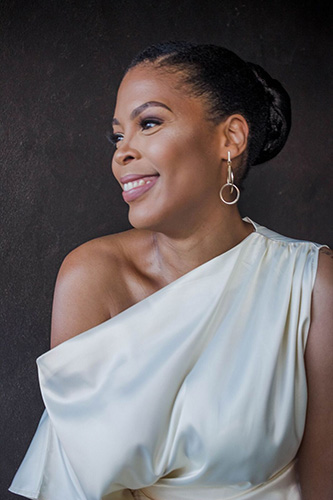
Did you find it difficult to be open and transparent while writing your memoir?
The difficulty was more in having to relive the experiences in order to write about them as accurately and authentically as possible. It was hard. It was painful. Many people have said they assume it was a cathartic process. Eventually, yes. But while I was writing it, I got angry all over again. I cried again. Their words, as I typed them, were daggers all over again. But I understood the importance of getting myself through the process because I didn’t want to do our story a disservice by merely skimming the service. I felt I owed the raw truth to Black professionals and myself.
Can you tell us a little more about, “We are the one we need?”
“We Are The Ones We Need” is a book about the experiences of Black professionals in the workplace. I use my personal experiences to contextual the micro-aggressions, the systemic discrimination, the racism and the ay inequality that we still face and how we are made to believe that our experiences are imagined, exaggerated or just us being sensitive. I also focus extensively on language, how it’s weaponized against Black professionals, the impact of toxic work environments on our health and also showcase the reality of what happens when do decide to be the Black person who speaks up against inequality in the workplace. I also share a bit about my personal journey, from being a young, single mom to struggling with finding my confidence again.
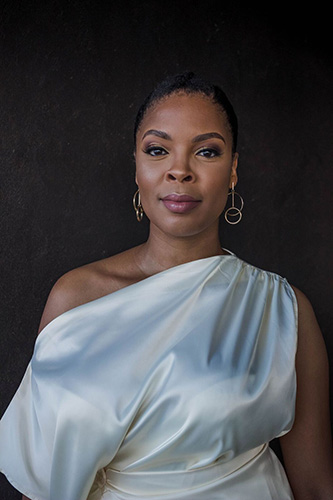
Do you feel that the discrimination you wrote about is the same everywhere and many, if not all will be able to relate?
Absolutely! I describe it as bittersweet because as an author, you want your audience to be able to connect to your work, so that’s the sweet side. The bitter side is the reality that millions of us share these experiences, just attached to different names and different organizations (sometimes). Just as racism and colonialism existed seamlessly across the world for centuries, the same is true for the experiences of Black professionals.
What are or where your expectations when you decided to write, “We Are The One We Need?”
I didn’t set out with any expectations, to be honest. Only intentions and I intended to give Black professionals a loud, bold, unapologetic, consistent voice; to say the things that others may not have the courage to say and to spark bigger conversations that when brought together, have the power to bring about real, meaningful change.
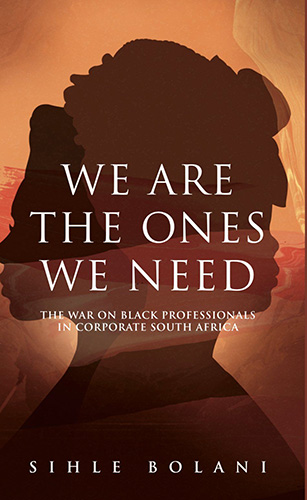
How can people follow and find out more about you and your book?
Website: www.sihlebolani.com & www.workingwhileblack.co.za
Podcast: The Workplace Revolution with Sihle Bolani (on Anchor and Spotify)
Instagram: @sihlebolani, @workwhileblack & @konnektedblackwomen
Twitter: @SihleBolani_
Featured Image by Trevor Zondi | all images courtesy of Sihle Bolani




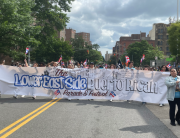

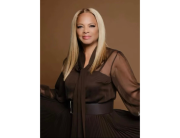
This is one of the best reads I could have laid my eyes and hands on in a long time. The reality of all of Sihle’s work experiences, hit home. We go through a lot in the workplace and when you don’t put up with it, they treat you differently and find ways to work you out. People leave to go to other companies, in the hope that it will be better, the cast changes (without a doubt), yet the script remains the same. If you know who you are, stay strong, firm and don’t be apologetic.
I read it at a time when I was ‘going’ and it was sooo close to my own experiences. Thank you Sihle for uncovering the truth about our office experiences. Racial inequality and racism makes it difficult for us black women to build careers: we stay in jobs but we cannot build careers around our jobs.